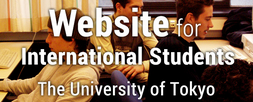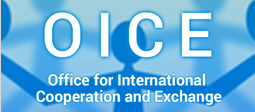
Global Animal Production Sciences
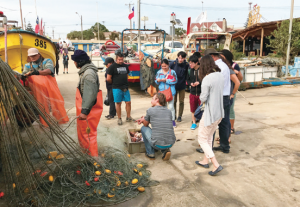
Our laboratory focuses on science and policy related to conservation and sustainable use of living aquatic resources. Economic and social studies are carried out in Japan and other parts of Asia. Research collaborations with European and American institutes are ongoing. Laboratory members include students from African, American, Asian, and European regions.
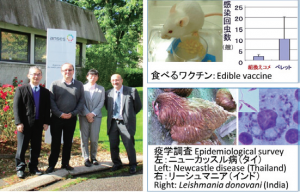
Emergence of animal and zoonotic infectious diseases affects the animal production and public health resources in the world. To tackle this problem we are engaged in epidemiological research (import risk assessment of animals, antimicrobial use and resistance, and companion animal epidemiology). Matsumoto group is focusing on host-pathogen relationship in Leishmania, Fasciola, and Newcastle disease virus, by epidemiological survey and laboratory experiments.
Global Plant Production Sciences
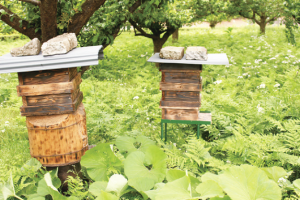
The aim of our laboratory is to develop ecologically sustainable food systems that enrich agroecosystem diversity. What practices can we apply to aid production, sustainability, and biodiversity? How can changes in these practices be realistically adopted, and further developed? To explore this, we integrate agriculture, ecology, and sociology using various experimental methods including field surveys, field and laboratory experiments, and simulation model development.
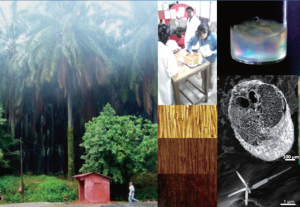
In order to effectively utilize plant biomass resources such as trees and crop residues, it is necessary to have fundamental knowledge on the nature of plant bioresources. Our group aims to find a way to convert plant biomass into materials and useful substances by clarifying the characteristics of raw materials through physical and chemical methods, while taking into account the qualitative and quantitative characteristics of each plant resource and the sustainability of local and global communities.
Global Biological and Environmental Sciences
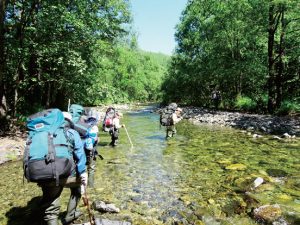
Forests have a significant influence on the environment and humanity as they occupy a major portion of biomass on the Earth. Currently, we are experiencing the consequences of deforestation and forest degradation more than ever. All the researches in our laboratory aim to support sustainable forest management and conservation using geo-informatics methodologies as it is of the utmost importance..
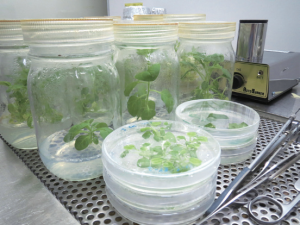
Agricultural productivity is severely decreased by high soil pH where metal ions are sparingly soluble and not available for plant growth. Our aim is to increase agricultural productivity in problem soils using biotechnology. We identified genes related to iron acquisition from soil in plants and produced transgenic rice plants that had enhanced tolerance to low iron availability and contained higher iron in seeds.
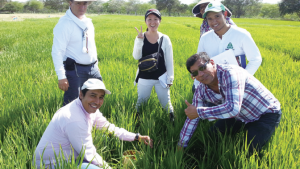
We seek researches truly uplifting farmers' livelihood in the developing countries. Disciplines such as crop science, soil/plant nutrition, modeling are our strength, but we also conduct sociological and economical studies. We have close collaborations with the international research institutions such as CIAT and Africa Rice Center, and sending the students to overseas for the long-term basis.
International Development and Agro-Environmental Sciences
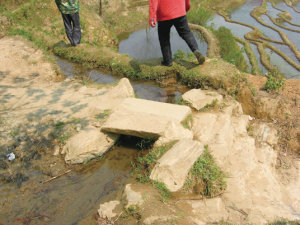
While under negotiations for WTO and FTA, we should aim for an economic partnership that contributes to the poverty reduction of and fosters the coexistence of diverse agriculture, forestry and fisheries. To cope with these problems, we conduct the impact evaluation and elucidate an optimal policy by applying a new international trading model and an econometric analysis based on field study.
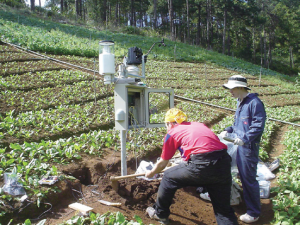
Agricultural sciences are multidisciplinary studies to accurately understand nature, to properly use scientific knowledge, and to make some kind of contribution to people’s livelihood in the field. Our laboratory studies on agriculture and informatics, soil and water, food and foodways, etc., to resolve global food and environment issues by using interdisciplinary approaches as advanced agricultural engineering.
Affiliated Professors, Adjunct Faculty, IPADS, GCL
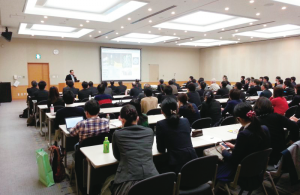
nternational agricultural issues has been expanding worldwide which cannot be handled by a single university. Therefore Department of Global Agricultural Sciences is inviting eminent researchers and professors from various research institutes and universities all over the world, as well as other departments and graduate schools in the University of Tokyo.
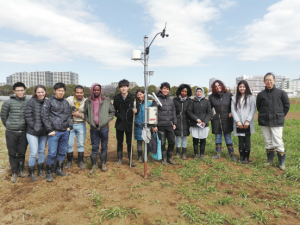
MSc and PhD programs conducted solely in English. The purpose it to nurture the international leaders who can contribute to the solution of various issues in agriculture, environment, and resource management in the development countries. We have close collaborative with the University of Bonn (Germany) having some lectures and practices together.
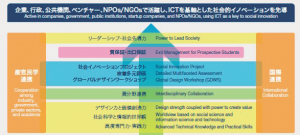
GCL is an interdisciplinary doctoral program to train top leaders leading a global society, involving 17 departments of nine graduate schools at the University of Tokyo. Only our department participates to this program from agricultural field. GCL aims to train leaders who have diverse knowledge of other subjects as well as specialized knowledge of our subjects, and have outstanding communication skills and leaders to solve global level challenges.




